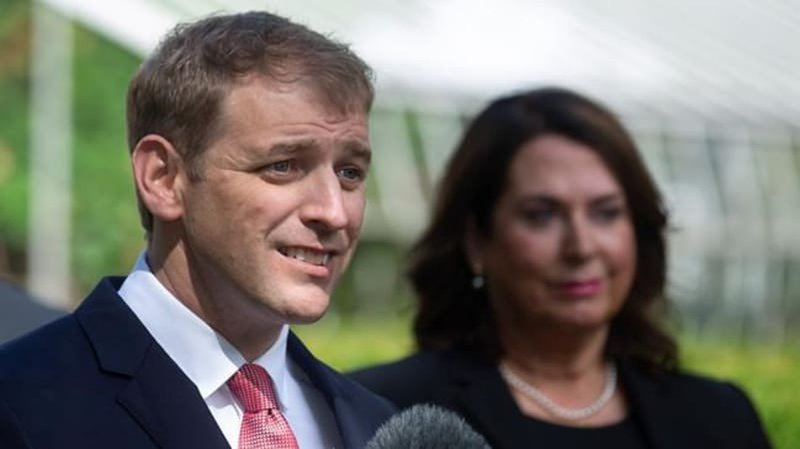
Newfoundland and Labrador premier takes office, now has to win over the public
ST. JOHN’S, N.L. — As Newfoundland and Labrador’s newly minted premier gets to work addressing the province’s economic problems, he must turn his attention to another pressing political hurdle: winning a seat in the legislature.
Andrew Furey assumed office last week after winning the Liberal leadership race. According to provincial law, he now has 12 months to call an election. The political novice has indicated he does not plan to call a vote before the end of 2020 and that he intends to run for the next seat that becomes available.
A few options have opened up for the 45-year-old surgeon, as three prominent Liberals — including the premier he replaced — don’t plan to seek re-election. But those members represent rural ridings. Furey, from the provincial capital St. John’s, would be dropping in as an outsider.
Despite historical tensions between rural and urban voters, Furey is likely favoured to win any of those three ridings, experts say, because he has the advantage of being premier.
